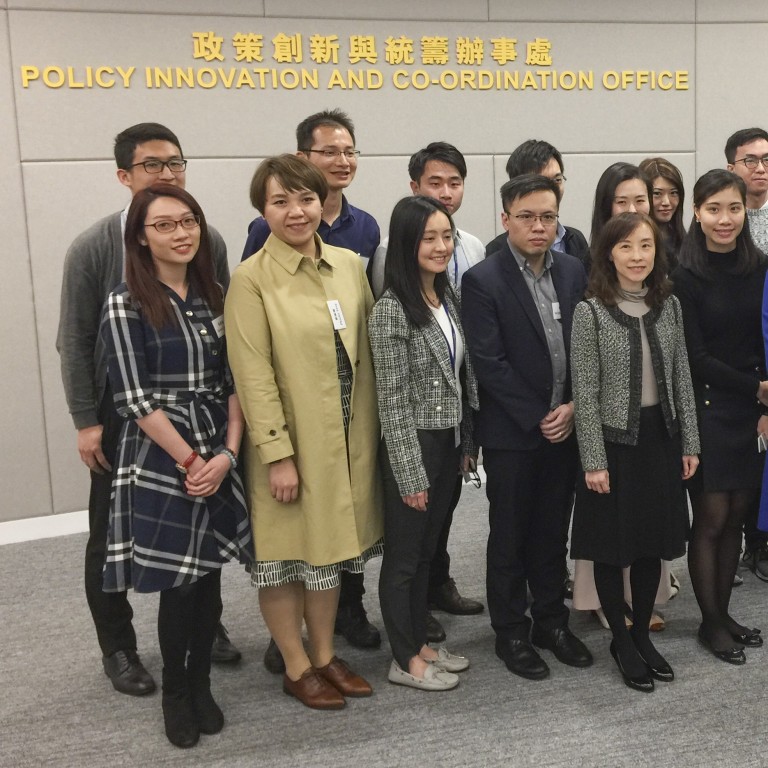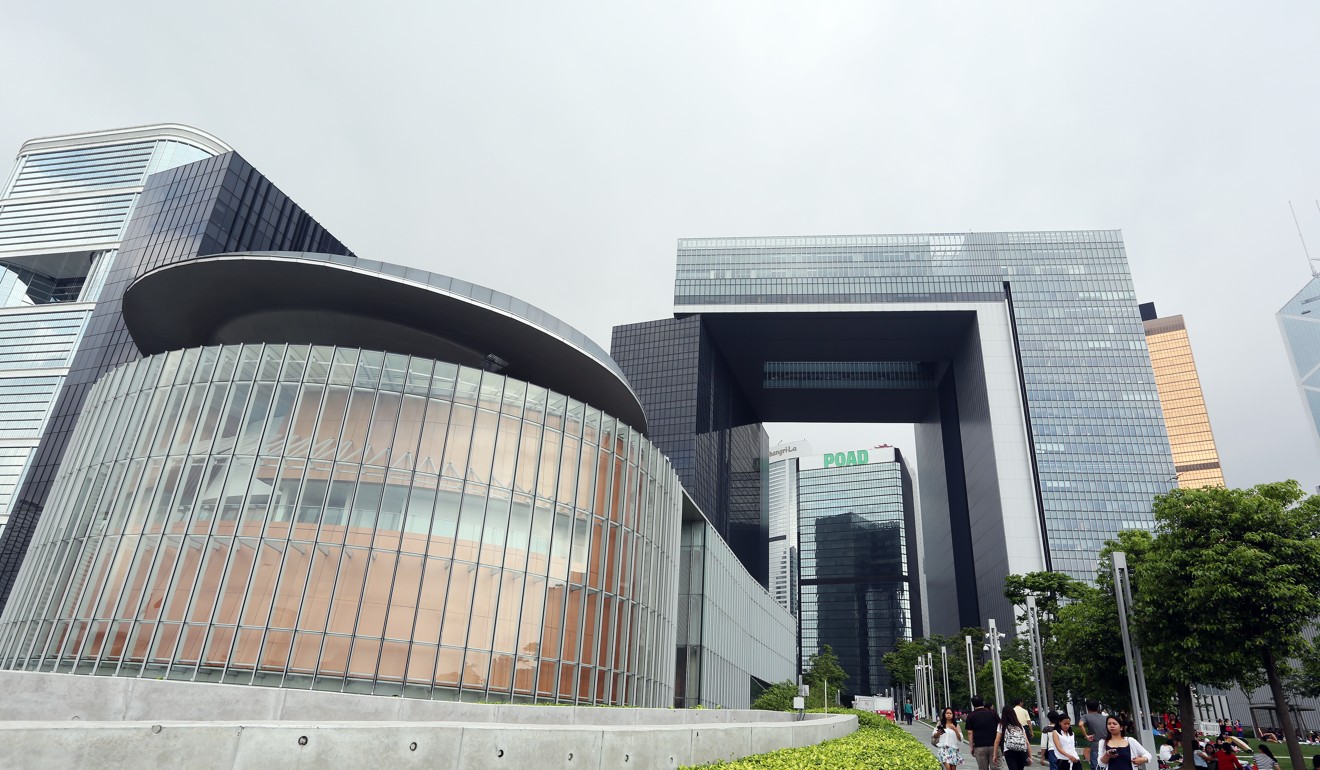
Hong Kong think tanks have had plenty of support over years with millions of dollars from the government for studies, says policy office chief Betty Fung
- Fung, director of Policy Innovation and Coordination Office, concedes that some past studies by government researchers were largely irrelevant
- To strengthen ties with think tanks, her office will organise its first round-table event in the first half of the year
The head of the Hong Kong government’s policy office has dismissed suggestions that authorities have not been supportive enough of local think tanks, saying the administration has provided millions of dollars each year to fund studies.
But Betty Fung Ching Suk-yee, director of the Policy Innovation and Coordination Office (PICO), formerly known as the Central Policy Unit, conceded that some past studies by government researchers were largely irrelevant. Her office would aim to formulate more feasible recommendations for government departments, she told a media gathering on Monday.
“In the past, people said some reports by the Central Policy Unit were submitted, read and that was it. But we hope to work together with departments to come up with policy suggestions that will work and are pragmatic,” she said.

Fung also added that to strengthen ties with think tanks, the office would organise its first round-table event in the first half of this year so researchers and officials working in the same policy areas could have face-to-face discussions.
In recent years, think tanks had complained that the government was not receptive enough to their policy recommendations. The unit was also criticised for failing to help officials to gauge the views of young people in Hong Kong. The policy reports produced by the unit, headed by Beijing loyalist Shiu Sin-por from 2012 to 2017, were seldom made public, raising questions as to whether they were relevant to the government or society.
Hong Kong think tanks climb rankings – five make region’s top 100
Speaking at the office’s first media gathering on Monday, Fung said one of her responsibilities was to form partnerships with government departments.
“PICO does not own any public policy; we are helping the chief executive and ministers … to study policies. In the end, it will be the departments that roll out the policies,” she said, adding that their studies would be in vain if other civil servants did not endorse them.
Last month, Ray Yep Kin-man, research director of SynergyNet, revealed the 17-year-old think tank would cease operations by the end of this year, citing a lack of financial resources and frustration with the government’s disregard for public policy studies.
Public policy think tank to close after 17 years
But Fung said problem faced by think tanks such as SynergyNet might not be related to the government.
“Their major researchers are very busy with their own work … and there are many reasons think tanks close down,” she said.
“Under our Public Policy Research Funding Scheme, any think tank can apply for up to HK$1 million [US$128,200], and we have approved dozens of applications every year.”
Fung added that under another funding scheme, for strategic public policy research, up to HK$5 million could be granted for an institute to run a study that lasted for three to five years.
“We value the relevance between the policy studies and the city’s development,” she said.

